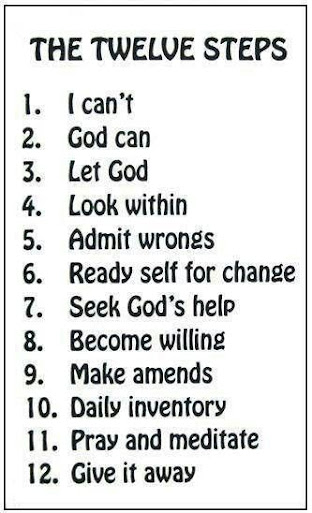Homily for the Solemnity of Mary Mother of God, Jan.1, 2025. Galatians 4:4-7; Gospel of St. Luke 2:16-21. Theme: Keep Mary in Your Mind and Jesus Will Grow in Your Heart.
The figure of the Madonna and Child has been a favorite subject of artists and sculptors for centuries. I think it’s because it’s an image that captures the heart, warms the soul, and directs the mind to that special bond that exists between mother and child in every culture. Our Catholic devotion, too, has always considered the intimate bond between Jesus and Mary to be something precious and vital. As a matter of fact, the most ancient title given to Mary by Christians is the one that honors this relationship and that we are celebrating today: Mother of God.
Isn’t it an amazing thing to think about? God the Son, Second Person of the Blessed Trinity, the Eternal Word through whom all things were created, became a man and had a mother who carried Him in her womb, nursed Him, raised Him, taught Him, loved Him, was always there for Him. She pondered her memories of Him throughout her life as all mothers do and as today’s Gospel reminds us. But at the same time, it’s important to remember that in calling Mary the Mother of God we do not mean that she pre-existed God or is greater than God as some people erroneously think.
Instead, this beautiful title of Mary attests to the fact that she made it possible for God to come to earth as our Beloved Brother and Savior. She made it possible for the God of Creation to actually and personally experience His creation as a real man, living in every way as we do except for sin. Her motherhood made it possible for Jesus to truly be Emmanuel, God-with-us, and so heal and transform our humanity by participating in it and blessing it with His divinity. Calling Mary the Mother of God tells us why she is so very important to the story and mission of Jesus. But it also tells us that she is very important to the stories and lives of everyday Christians like you and me. Without her there would be no Christmas. Without her we would not be Christians. Without her we would not be the adopted sons and daughters of God.
St. Paul emphasizes this truth about Mary in our second reading. He reminds us that God the Son came to earth and made possible our divine adoption as children of the Father precisely because of a woman, Mary. And so the blessings of her motherhood have also been extended to us and have become an important part of our own story as Christians. But Jesus didn’t just use Mary as a means to an end and then disregard her. He didn’t toss her aside once she served the purpose of enabling him to come in the flesh to planet Earth. Her mission as Mother of God, Mother of Christ and Mother of Christians is meant to continue forever.
And so, we should strive to have a bond with Mary and open our hearts to her love just as Jesus did.
Jesus and Mary lived in a deep and mutual relationship of love, a life-long relationship as Mother and Child. Imagine what this must have been like for two people who, because they are both free from sin, were able to love perfectly, to love unselfishly. Consider the deep emotion, the heartfelt joy in each other’s presence, the unbreakable bond between them, from the first-time Mary held that precious Infant in her arms on that first Christmas until the last time she held Him, bloody and lifeless, on Good Friday. As Christians who are called to have the same attitude and outlook as Jesus, this should be the inspiration for our own personal love for and devotion to Mary, Mother of God and our own spiritual Mother.
So, let’s ask Jesus today for the grace to love and honor Mary like He did. And let’s ask Mary to mother us as she mothered Him; to form us through her prayers and her active spiritual presence in our lives into living images of Jesus, her Beloved Son and our Beloved Brother. You know, there’s a saying in Catholicism which goes like this: “Keep Mary in your mind and Jesus will grow in your heart.” I think this would make an excellent New Year’s resolution for us all!






